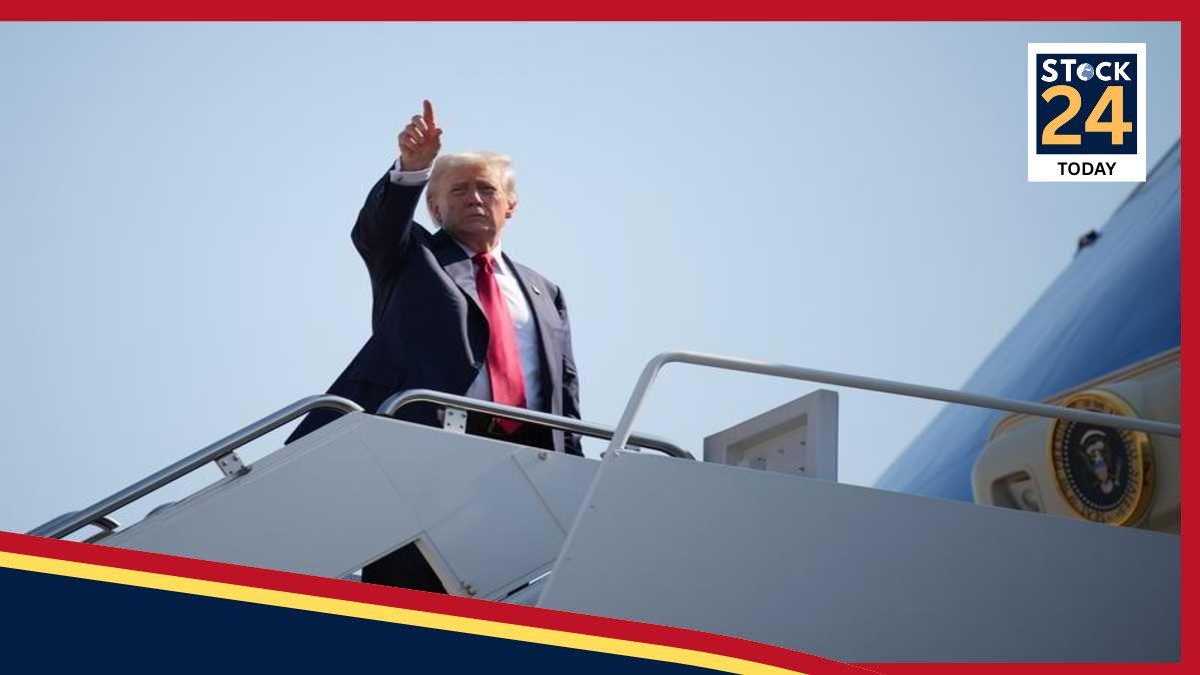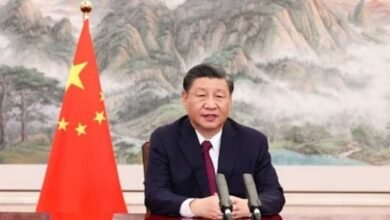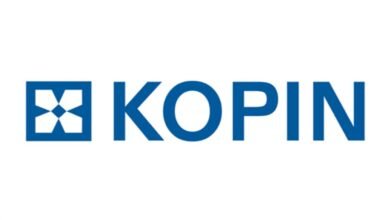The Trump Litmus Test: Which Corporations Pass and Which Ones Fail?
From DEI rollbacks to domestic investments, companies are being unofficially graded on their alignment with the Trump administration's agenda, creating a new and unpredictable landscape for corporate America.

As the political landscape shifts, corporate America is facing a new and highly personalized form of evaluation. Beyond balance sheets and stock performance, a de facto “grading system” appears to be emerging, measuring companies on their alignment with the priorities and policies of the Trump administration. This evaluation hinges on three key areas: public support for specific legislation, commitment to domestic investment, and a willingness to adjust cultural initiatives like Diversity, Equity, and Inclusion (DEI).
For businesses, navigating this environment means understanding that public statements, investment decisions, and even internal hiring practices are being scrutinized as signals of loyalty.
Paths to a Positive Grade: Policy Support and Domestic Investment
Companies that have publicly supported the Trump administration’s key legislative achievements or have made significant investments in the U.S. economy are seen as likely to receive positive marks.
During his term, several major corporations lauded Trump’s initiatives:
-
Airlines and Infrastructure: Delta and United praised a provision in Trump’s “megabill” that allocated $12.5 billion for upgrading air traffic control systems—a move that followed a tragic collision at Reagan National Airport.
-
Tech and Tax Policy: Uber CEO Dara Khosrowshahi, who also donated $1 million to Trump’s inaugural fund, publicly backed the “No Tax on Tips” policy. Similarly, Cisco CEO Chuck Robbins voiced support for the bill’s corporate tax provisions.
Beyond direct policy endorsements, a commitment to “America First” economics is a powerful way to curry favor. Apple stands out as a prime example, having committed $600 billion to domestic manufacturing with the promise of creating tens of thousands of U.S. jobs.
Other tech and manufacturing giants have followed a similar path. Amazon has funneled billions into domestic cloud infrastructure and rural delivery networks, while NVIDIA, IBM, and Johnson & Johnson have also made substantial investments in U.S.-based infrastructure and manufacturing.
The Culture Wars Enter the Boardroom: DEI as a Key Battleground
Perhaps one of the most visible tests of corporate alignment is the stance on Diversity, Equity, and Inclusion (DEI) initiatives. The Trump administration has openly targeted these programs, and companies seen as scaling them back may be viewed favorably.
Tech giants like Amazon, Meta, and Google have reportedly pulled back on their DEI initiatives, a move that could be interpreted as an attempt to align with the administration’s cultural agenda.
The power of this pressure was demonstrated in the merger between Paramount and Skydance Media. The Federal Communications Commission (FCC) approved the $8 billion deal after Skydance made significant concessions, vowing to end DEI considerations in hiring, promotions, and compensation. According to FCC Chair Brendan Carr, the company also agreed to produce programming that embodies “a diversity of viewpoints.”
In the Crosshairs: Companies Facing Public Criticism
While some companies are praised, others have found themselves the target of public criticism from Trump, though the long-term consequences remain unclear and can be unpredictable.
-
Big Banks: Trump recently told CNBC that Bank of America and JPMorgan had rejected him as a customer, adding momentum to conservative claims of discrimination by financial institutions.
-
Intel’s Leadership: Trump called for the ouster of Intel CEO Lip-Bu Tan, citing concerns over his business connections with hundreds of Chinese companies and stating there was “no other solution to the problem.”
However, these situations can be fluid. Days after the call for his removal, a meeting between Trump and Tan took place, followed by reports that the administration might even consider taking a stake in the tech company, highlighting the volatile and often transactional nature of these relationships.
An “Unprecedented” Era of Presidential Influence
This direct and firm-specific pressure campaign represents a significant departure from traditional presidential interactions with the business community. Ryan Bourne, Chair at the Cato Institute, told NBC News it is “unprecedented for a president to use his power to suggest CEO firings, suggest how companies should set prices and carve out ‘firm-specific deals that directly pay the government.’”
This hands-on approach has been seen in various instances, from pressuring Coca-Cola to reintroduce a cane sugar version of its classic soda to using the power of federal agencies like the FCC to influence corporate policy on cultural issues.
For corporations, the message is clear: the traditional rules of lobbying and campaign donations are no longer sufficient. Today, their grades depend on a visible and unwavering commitment to a specific economic and cultural agenda, where every investment and internal policy is a potential test of allegiance.











